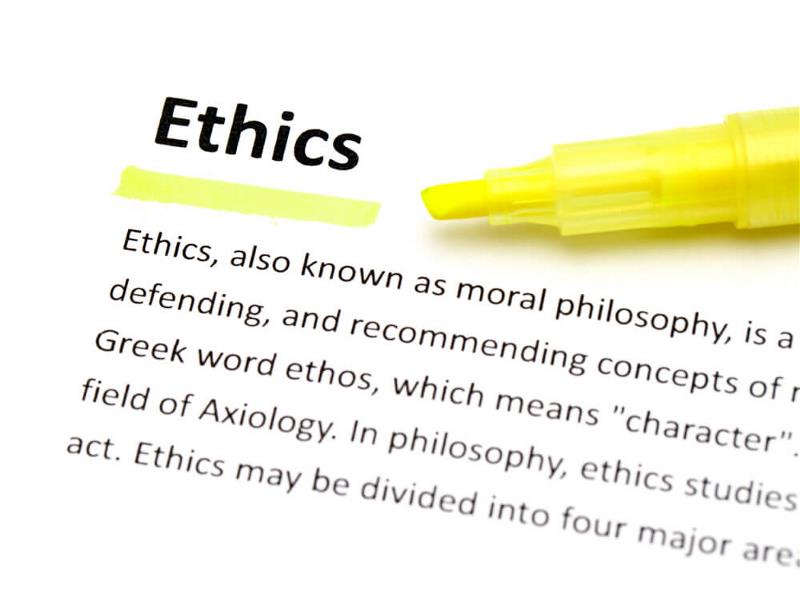Know the Code: Ethics, Laws & Regulations Govern Realtors®' Actions
By
Sarah Louppe Petcher

Whether speaking with another agent, or staffing an open house, stick to the rules to avoid potential pitfalls
Question: Who can talk with whom? Is it a violation of the Code of Ethics for the other agent to contact my client directly when the agent knows that my client is represented?
Answer: Article 16 Standard of Practice 16-13 states that “all dealings concerning property exclusively listed, or with buyer/tenants who are subject to an exclusive agreement shall be carried on with the client’s representative or broker, and not with the client, except with the consent of the client’s representative or broker or except where such dealings are initiated by the client.”
The answer, therefore, is: it depends! the language in the Delivery paragraph of the contract controls.
If the Delivery paragraph provides that Delivery of any Addenda or Notices must be made to the client (Buyer or Seller), then the other agent not only has the right to send your client any Addenda or Notices, but has an obligation to do so in order to achieve Delivery under the contract. If, however, the contract provides for Delivery only to the agent, then contacting the client may indeed be a violation of Article 16 of the Code of Ethics.
If the provisions in the Delivery paragraph clearly give consent for the agent to contact the other party only with all Addenda or Notices required pursuant to the contract , then all other correspondence must still be addressed to the other agent rather than the agent’s client.
Question: Can I hold an open house for a friend of mine who works for another brokerage? I work for brokerage B. She works for brokerage A and she has the listing agreement but is unavailable to hold the open house that day.
Answer: This would be a very risky plan fraught with potential liability for all involved. The law in Virginia requires that agents have a listing agreement in place in order to advertise and market a property. §18VAC135-20-190(D)(4). The listing agreement under this scenario is between the seller and brokerage A, and not with brokerage B. The seller would have to sign a second agreement with broker B to allow the agent to hold the house open. So why is that a problem? If the seller signs two exclusive right-to-sell listing agreements, will he have to pay two sets of commissions? Which broker will place the listing on the MLS? Who will be responsible for paying the cooperative commission? If something happens and the relationship between the seller and broker B deteriorates, does broker A want the potential liability for having asked the seller to agree to the relationship with broker B? If agent from brokerage B holds the house open, is it for the benefit of the seller or for the benefit of the agent who may in reality be seeking to recruit buyers?
As you can see from the multitude of questions which arise from this scenario, this is a much more complicated issue than simply holding a house open for someone else. From a risk management perspective I would recommend that you not engage in such activity. If you cannot hold a house open for your client, then consider asking another agent within your firm.
Sarah Louppe Petcher is NVAR's General Counsel.